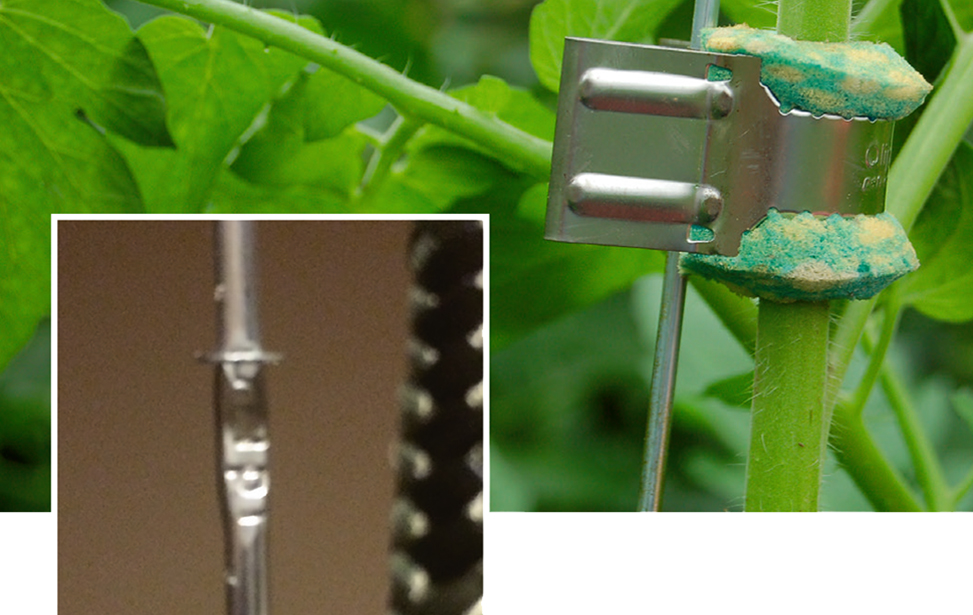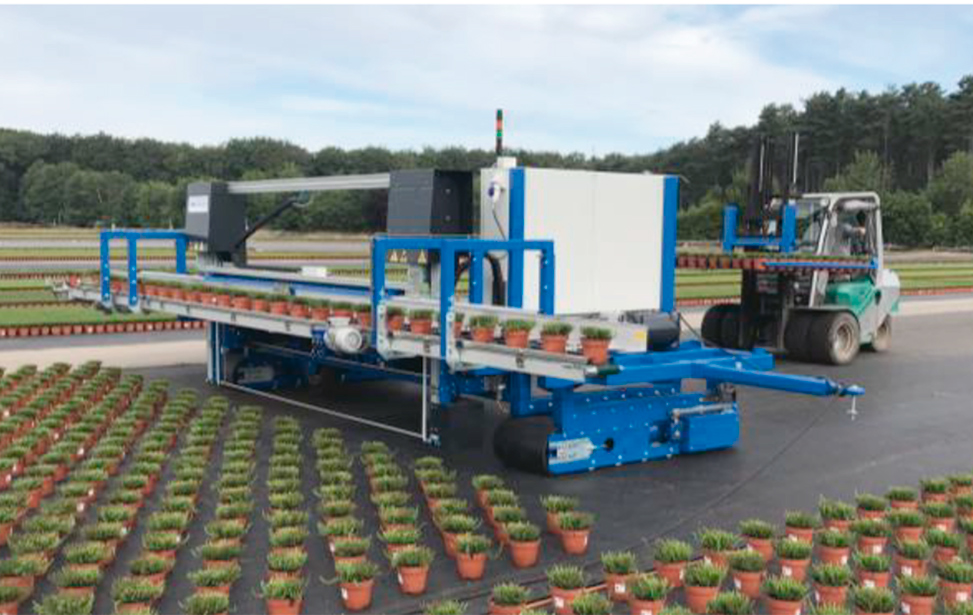As climate change becomes more severe and prevalent worldwide, it is vital to observe and understand the responses of major crops when subjected to different abiotic (environmental) stresses. Two environmental conditions facing UK crops are drought and flooding. Coupled with high temperatures, these can be disastrous for yields and have knock-on effects on food quality, food prices, seed availability, and quality. Recently in 2020, a very wet winter followed by a very dry spring negatively impacted all UK crops.
Healthy plant growth and crop yields are determined by multiple factors: water, nutrients, temperature, soil structure and chemistry, and light. With the current climate changing faster than plants can adapt, this poses a fundamental problem for agriculture, and as a result crops are being challenged in many ways. In order to increase crop resilience to abiotic (environmental) and biotic (pathogen – pests and diseases) stresses, it is important to identify new crop varieties that have higher levels of resilience to either one or many of these temporary stresses over their lifetime.
To do this, the underlying genes that control these desirable resilience traits need to be identified. Plant scientists can do this by developing experiments called phenotyping assays, which screen a wide variety of plants for desirable traits (phenotypes) that are then matched up to specific genes. This is an extremely useful tool not only to identify and match genes to specific characteristics (phenotypes), but also to identify any genes that may have been lost from current commercial crop varieties that have been selectively bred to perform well under optimal conditions, where stresses are kept at bay by irrigation, pesticides, and fertilizer use.
One approach has been funded by Defra through the Vegetable Genetic Improvement Network (VeGIN). VeGIN has access to the Vegetable Genetic Resources Unit (GRU) at the Warwick Crop Centre, where thousands of varieties of different crop species are conserved, documented, and researched. VeGIN populations not only include modern cultivars, but also wild parent relatives and heritage varieties of the crops we eat today, collected from around the world. These plant varieties represent potential sources of new genetic diversity, which can then be used by breeders to establish crops with higher tolerance against biotic (pathogen) and abiotic (environmental) challenges.
Read the complete article at www.foodsecurity.ac.uk.










